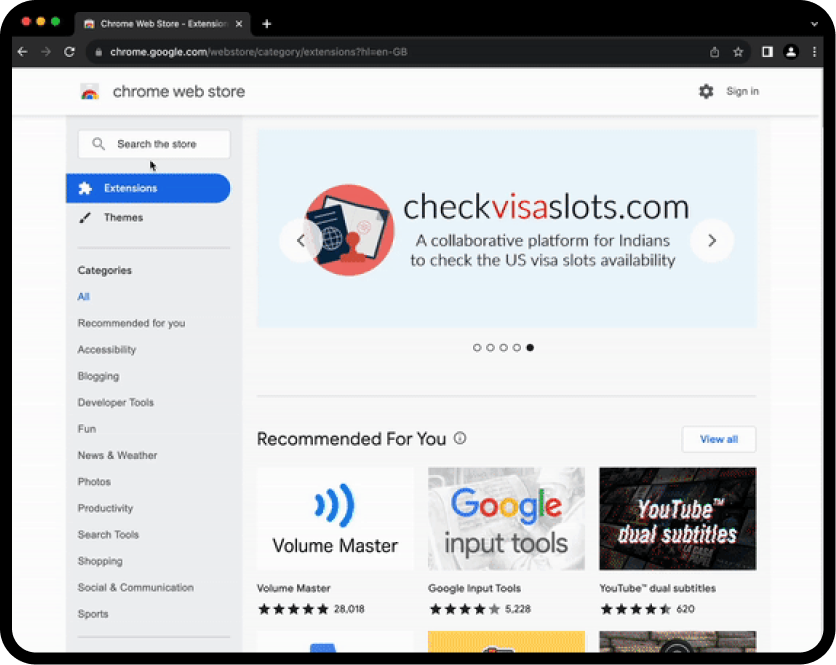QXD converter
Converts data between QXD formats for developers, ensuring structure integrity and enabling interoperability across tooling and pipelines.

Check It Yourself
About This Tool
The QXD converter transforms data expressed in QXD formats into a chosen target representation. It is designed for developers, data engineers, and tool integrators who migrate between format families, validate data during transfers, or test interoperability across systems. The tool follows deterministic mapping rules, enforces schema constraints, and provides explicit error reporting, avoiding silent data loss during transformation. It supports both single-file workflows and batch manifests to fit CI pipelines and data pipelines.
Conceptually, the engine tokenizes input, validates mandatory keys and types, and applies defined mappings to the target format while normalizing common representations. It can preserve optional metadata when requested and can produce pretty-printed or compact outputs for machine processing. Batch mode accepts a manifest describing multiple source-target pairs to run in a single run.
The system offers field-aware parsing, normalization, optional metadata propagation, and configurable formatting. It emphasizes deterministic behavior and explicit diagnostics for every transformation step. Unique value lies in explicit schema-aware rules, structured error reporting with per-item paths, and a configurable option to enforce lossless transformations for core fields. Use cases include exporting QXD specifications to JSON or XML, performing compatibility checks, and preparing data for automated interoperability tests in development, QA, or data-migration contexts.
Core features include input validation, robust format mapping, batch processing, optional metadata propagation, output formatting options, and a concise, machine-readable validation report. The tool is backend-oriented, aimed at automation rather than content editing in a UI. It uses UTF-8 encoding, handles large inputs through streaming-friendly parsing, and surfaces actionable diagnostics for developers.
How to Use
Provide source_format, target_format, and input_data or an input_file.
Optional: supply batch_manifest for multi-item conversions.
Run conversion to produce converted_data and a report.
Review outputs and diagnostics; export or integrate into your pipeline if needed.
If batch, iterate over items and collect per-item results.

FAQs/Additional Resources
Find Quick Answers
What formats are supported as input?
Does the tool preserve metadata?
Is batch conversion available?
How are errors reported?
User Reviews
See What Others Are Saying
Explore Related Tools
More Solutions for Your Needs
UTC Converter
A precise UTC converter for developers, remote teams, travelers, and operations staff to convert from Coordinated Universal Time to local time zones.
UTM URL Converter
Generates and validates UTM-tagged URLs for marketing campaigns, enabling consistent attribution, clean analytics integration, and streamlined tag management for teams.
Your Feedback Matters
Help Us to Improve

 Norwegian
Norwegian
 Danish
Danish
 German
German
 English
English
 Spanish
Spanish
 French
French
 Italian
Italian
 Dutch
Dutch
 Portuguese
Portuguese
 Swedish
Swedish
 Hebrew
Hebrew
 Arabic
Arabic









